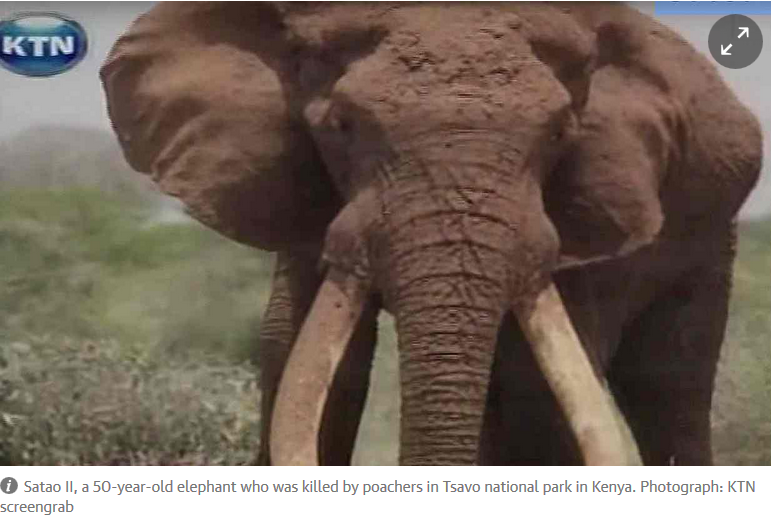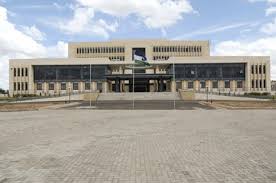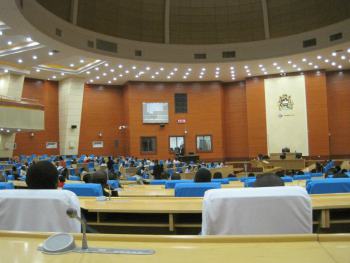2017-03-07 22:01
James de Villiers & Angelique Serrao, News24

Johannesburg – A total of R24 million was stolen from a plane at OR Tambo International Airport on Tuesday evening, sources told News24.
After the SAA flight landed, people in a marked police vehicle intercepted the money. A white Mercedes-Benz is believed to have been used in the operation.
Hawks spokesperson Brigadier Hangwani Mulaudzi said a high-level investigation, involving all law enforcement agencies, was underway. He declined to divulge further information.
Airports Company South Africa spokesperson Trevor Jones said there had been a robbery, but he could not confirm the amount of money stolen.
Flights were unaffected.
Jones denied that R24 million has been stolen, saying that facts had not been determined yet.
The presence of marked police vehicles at the robbery, suggests that either police were involved or there is a new gang using police equipment.
This is not a new phenomenon and the airport appears to be a place where “police-linked” crimes have taken place in the past.
IPID head Robert McBride told Parliament last month that one of the cases they were investigating involved SAPS and Hawks members shooting at each other, in what appeared to have been be a fight over drugs at OR Tambo International Airport last year.
McBride said police officials were killing each other in order to get their hands on confiscated drugs. He said they were illegally shifting quantities of drugs through domestic arrivals.
A few weeks later, head of the Hawks, Lieutenant-General Berning Ntlemeza, dismissed the claims. He told MPs he did not know what McBride's motive was to say there was a drug fight between the police and Hawks.
He said his members were involved in operations at all major international airports, to deal with drug smuggling, but not in a fight with SAPS members over drugs.
“What I can confirm is that we are having Hawks members at OR Tambo International Airport, Cape Town Airport and King Shaka Airport,” he said.
Hawks members at the international airports were cracking down on drug smuggling, he said.
Police officers assisting gangs in robberies is nothing new. In 2014, police vehicles were being used to hijack trucks carrying cigarettes, IOL reported.
The robbery is not the first at OR Tambo. In the second half of 2001, at the then-named Johannesburg International Airport, $6,5 million was stolen from a Swissair cargo plane, and almost $10 million from a KLM cargo plane.
According to The Times, there had been robberies in the cargo hold much more recently.
In October last year, the paper reported that armed robbers posing as police entered the AFS Cargo warehouse at the airport, making off with over a ton of cellphones and laptop computers. This was allegedly not an isolated incident.
“Swissport Cargo has been hit three times, Menzies cargo twice and a number of smaller freight handlers have been targeted since May. Sources say the same modus operandi is used,” The Times reported.
Read More: http://www.news24.com/SouthAfrica/News/breaking-r24m-police-car-heist-at-ort-20170307








